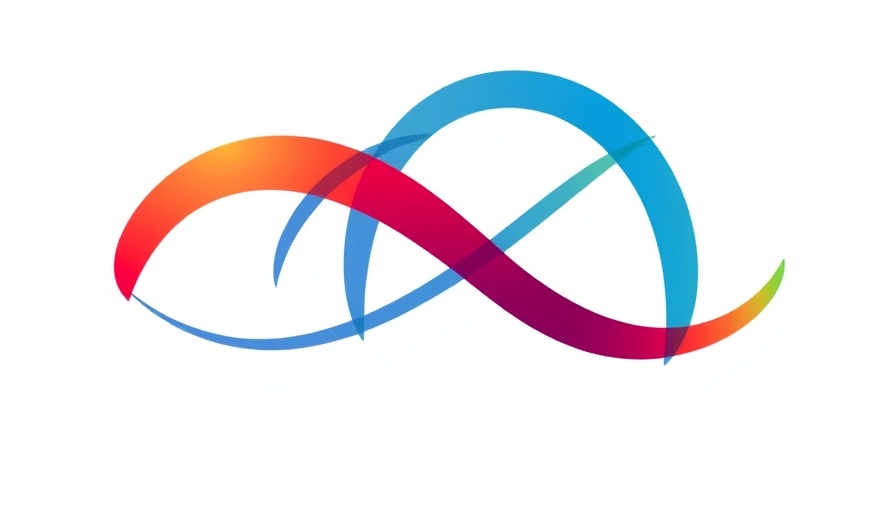
Understanding the Origins of Viral Content
A video that has gone viral, misidentified as showing a young Fulani boy consuming what appears to be a human arm, raises critical questions about the origins of content shared on social media. Initially posted with the inflammatory caption suggesting it depicts cannibalism, the clip has garnered immense attention and stirred emotions regarding ethnic tensions in Nigeria. However, investigative work reveals that the footage likely originates from Tanzania, where it showcases a young boy from the Hadzabe tribe preparing a traditional meal with baboon meat.
The Rise of Misinformation and Ethnic Hysteria
This incident underscores a broader trend in the digital landscape, where misinformation can perpetuate ethnic stereotypes and fuel conflict. The Fulani, a nomadic group engaged in herding, often face unfair scrutiny linked to criminal activities. Such misinformation can exacerbate existing tensions, leading to further misunderstanding between communities. Analysts warn that this virality not only misrepresents the Hadzabe but also misplaces blame and breeds distrust among different ethnic groups in Nigeria.
Implications for Digital Literacy in Africa
The rapid spread of this video serves as a wake-up call regarding the necessity of digital literacy, especially in Africa, where the use of social media continues to expand. As business leaders, policymakers, and academics alike witness the amplification of such narratives, it becomes essential to foster a more discerning public capable of navigating social media landscapes critically. Initiatives promoting media literacy can empower citizens to challenge and verify the authenticity of shared content, contributing to a more informed society.
Emerging Trends and Future Predictions
With growing concerns over misinformation, it’s crucial to explore the potential trends in the dissemination of information across the continent. Institutions are urged to engage in collaborative efforts to create frameworks that preemptively address the sharing of misleading content. Incorporating digital literacy programs within educational systems may be vital in shaping future generations that approach online information critically.
Call to Action: Strengthening Media Literacy
The proliferation of misinformation in Africa highlights the pressing need for increased media literacy. Policymakers, educators, and stakeholders in the digital landscape should come together to implement effective strategies aimed at combating misinformation. Collaborative initiatives focusing on critical engagement with digital content will empower communities, fostering a more informed citizenry equipped to challenge unverified narratives and enhance social cohesion.
 Add Row
Add Row  Add
Add 


 Add Row
Add Row  Add
Add 

Write A Comment